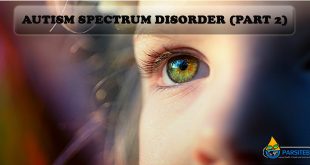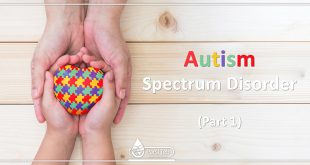Dysentery is an infection of the gut caused by a bacterium called shigella. Shigella sonnei is most often responsible for outbreaks in the UK. S. flexneri, S. boydii and S. dysenteriae are also causes.
Dysentery is usually spread by hand-to-mouth transfer from person-to-person or from surfaces that have been contaminated by an infected person.
What are the symptoms?
Symptoms usually appear between six hours and three days after infection. They can include:
Watery diarrhoea, sometimes with blood and mucus
Nausea and vomiting
Abdominal pain
Fever
General malaise
Who’s affected?
Outbreaks of dysentery are more likely in overcrowded areas and where poor hygiene practices exist.
It occurs in all parts of the world and affects people of all ages. Schools and nurseries are particularly at risk.
How can it be prevented?
To reduce the risk of contracting dysentery:
Wash your hands after using the toilet, after contact with an infected person and regularly throughout the day
Wash your hands before handling, cooking and eating food, handling babies and feeding young or elderly people
Keep contact with someone known to have dysentery to a minimum
Wash laundry on the hottest setting possible
Avoid sharing items such as towels and face cloths
What’s the treatment?
In general, rest and drinking plenty of fluids are all the treatment that’s necessary. A person shouldn’t return to school or work until they’ve been symptom free for 48 hours.
Sometimes antibiotic treatment or admission to hospital for intravenous therapy is required.
 Parsi Teb Physical and Mental Health Journal
Parsi Teb Physical and Mental Health Journal 



